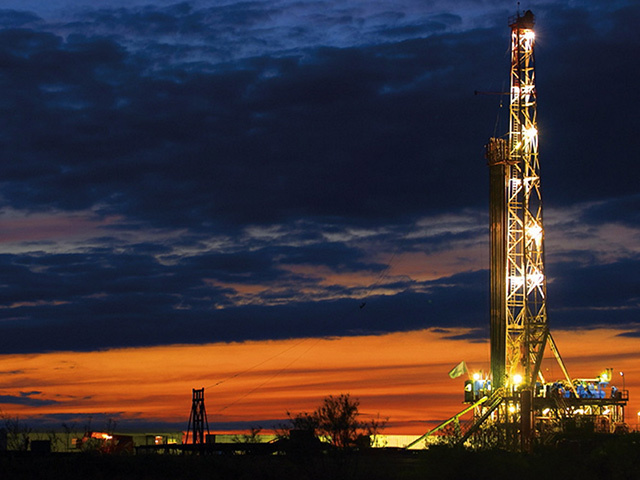
Cheniere Energy Inc.’s decision to postpone its annual meeting by three months signals a potential shareholder battle over executive compensation at the natural gas export company, which had the highest paid U.S. chief executive last year.
Cheniere, which has never reported an annual profit, rescheduled its annual meeting of shareholders for Sept. 11, according to a regulatory filing yesterday that cited a lawsuit in a Delaware court by shareholder James B. Jones as the reason for the delay.
Jones argued that Cheniere’s 2011 stock incentive plan, which contributed to Chief Executive Officer Charif Souki’s $142million in compensation last year, as well as the pay of other executives and employees, should not be allowed because the company did not appropriately count shareholder votes on the plan in 2013.
Katie Pipkin, Cheniere’s vice president for finance, didn’t respond to a phone call requesting comment. Peter B. Andrews, partner at Andrews & Springer LLC, declined by phone to comment on behalf of Jones.
Shareholder advisory firms, including Institutional Shareholder Services, Egan-Jones Proxy Services and Glass, Lewis & Co., have advised stock owners to vote against Cheniere proposals that would allow the company to expand its executive compensation.
“It’s just over the top,” said Kent Hughes, managing director for Egan-Jones Proxy Services. “And apparently some others feel the same way.”
Cheniere, based in Houston, asked shareholders in 2011 to approve a plan to use 10 million shares for employee compensation, according to regulatory filings. Shareholders approved adding 25 million additional shares last year.
Souki’s 2013 compensation included $133million in stock awards and a $3.68million cash bonus in addition to his $800,000 salary, according to Cheniere’s summary compensation table published in regulatory filings. Souki was the highest paid U.S. executive in 2013, beating Gamco Investors Inc.’s Mario Gabelli and Och-Ziff Capital Management Group’s James Levin, according to data compiled by Bloomberg.
In this year’s proxy, Cheniere asked shareholders to approve 30 million more shares for use in its compensation plans. The 30 million shares would have an aggregate value of more than $2billion, based on the closing price yesterday.
“While the market remains optimistic about the company’s future prospects, it is hard to discern why additional outsized annual equity grants are necessary or what appreciable benefit they have for shareholders,” Institutional Shareholder Services said in an analysis of the company’s proposals related to executive compensation.
The additional shares would dilute current shareholders’ stake by almost 12%, Glass, Lewis said in its analysis of the proposal.
Cheniere is set to be the first company to export liquefied natural gas produced from the U.S. shale boom. The company’s Sabine Pass export terminal under construction in Cameron Parish, Louisiana, is expected to make its first shipment of LNG as early as next year.
Cheniere hit a record closing price yesterday, rising 0.6% to $68.50.